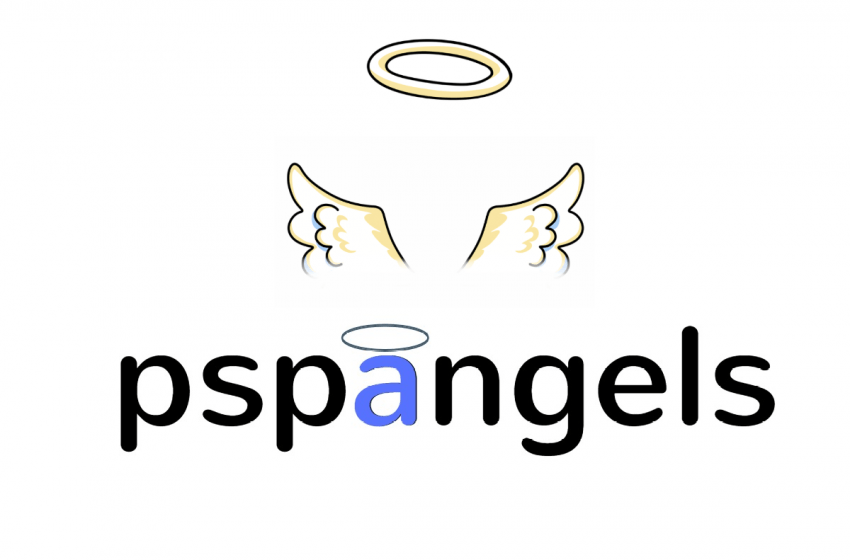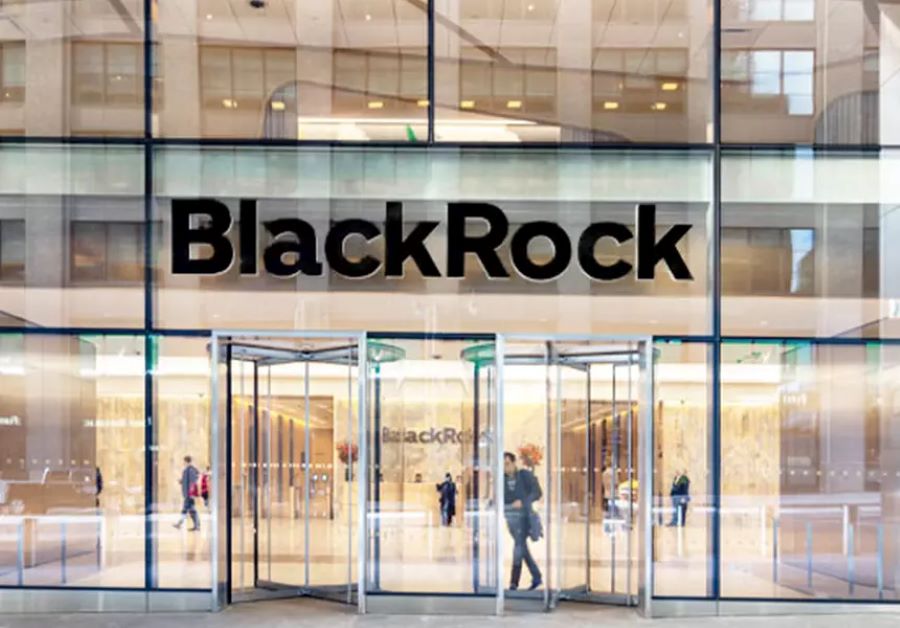
LET’S DEFINE: ‘HIGH RISK’
It is inevitable that we live in unprecedented times.
So, you realize it is the perfect chance to start turning yourself into your own boss: you come up with an extraordinary idea and start building it up as a side hassle. Months later, you’ve got your brand new business ready to get rolling, and so you start. Everything goes according to plan only to realize the only point you cannot check out on your perfectly polished list is the ‘Start processing payments’, which is the last and most important stage that will get you to your well-deserved money. You turn around to realize the reason to that problem is actually all the hundreds of different PSPs (Payment Service Providers) and banking applications you had reviewed, submitted, and negotiated got rejected, without any given reason as to why.

This isn’t the case only with fresh, start-up companies. One could be a well-established business, yet all the funds and banks suddenly get cut off, this time with the reason being ‘you are too high risk for our appetite’.
These are just two basic examples to prove how finding the right payment and banking provider takes up a lot of time, dedication and effort as the industry is changing all the time which makes it difficult to keep a finger on the pulse on the market.
The problem always with payments, is that either funds get stuck with the PSPs, banks shut down accounts, merchants cannot process cards or simply needed alternative payment methods, which is why one should always have a good 2-3 solutions on hand in case anything goes wrong. It’s a never-ending search, as all providers are coming up with new products, and your company is changing too.
However, the thing that sometimes leaves businesses confused and frustrated, is the mere fact that they might not even have a clue they are considered high risk, so they are stuck with applying to acquirers and processors who offer low risk merchant accounts.
They may think they are different form the obvious ‘high risk’ industries such as Forex, Crypto, Gaming, Gambling, Adult, Pharma and CBD, yet they are actually waving every red flag under the eye of the banks. Offering subscription models, being a startup, provide online content and services, such as IT, fortune telling, and even collecting donations as NGOs etc. are all considered high risk.
Typically, these are the niches that although generate huge monthly volumes, might have high chargeback ratios (over 1%), perhaps have high average ticket amounts and might have a chance of not complying AML policies, so they are either declined by most acquirers or are offered very high processing fees.
Once we had a client, who had a drop shipping business for tech gadgets. They have wasted 6 months processing with a provider at an extremely high fee of 10%, didn’t know about the security deposit (called rolling reserve) which was held back for 180 days. They had no expertise and knowledge that there might be a better offer for them out there. What made them high risk was that drop shipping involved sending out customer information to a third party, and high ticket volumes.
Another great example was another merchant of ours who lived in the EU and set up a company in US where their target market was USA and Canada for their eLearning services. They were surprised to get rejected by all the acquirers, not knowing why, until they were advised to appoint a US director living in the US, and were offered a contract in a week. The thing that made these guys initially unfavorable, was that banks were questioning the presence of the US company without a proof of a US director living there and also the nature of the business that had a risk of high chargeback ratios.
Of course it is perfectly fine to build a business on anything you like and believe in, (as long as you haven’t got any illegal activity lurking behind the scenes) but that does not mean you should stay unaware of the factors that are disabling you from generating the maximum profit.
It has certainly become an industry standard to contact a payment consulting firm in such cases as you are more likely to find quicker and cheaper solutions since they constantly screen the payment industry for companies like you.
Remember: everyone is guilty until proven innocent – at least in the eye of the bank – especially when one wrong merchant can cost them their license.
By Viktoria Soltesz















